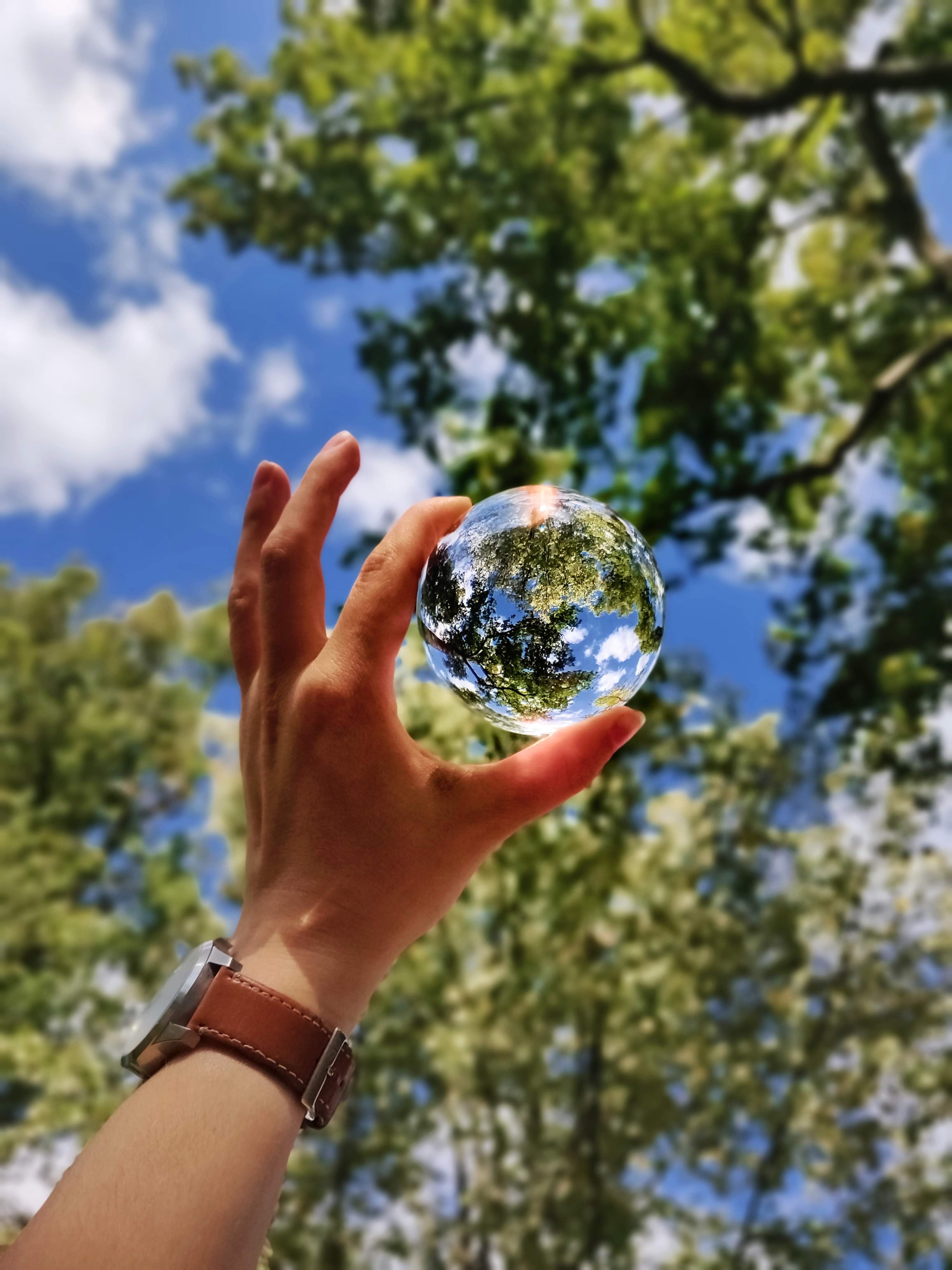Palm Oil is present everywhere in our food, cosmetics, newspaper ink and some fuels. Everything surrounding this oil contains enough content to be one of the most polemic hot topics of our time.
On the 20th October 2022 the Sustainable Palm Oil Dialogue conference was held in Novotel Amsterdam Schiphol Airport, under the theme ''Securing Sustainability in turbulent Times". Nevertheless, most of us contest the existence of sustainable sourced palm oil all together. Is it even possible? Let's dig in!!

According to IPAD's numbers from November, the world's production of palm oil is over 78 million tons in 2022, the main reason being because palm oil is really cheap. The African oil palm can produce up to 10 times more oil per hectare than soybeans and has been largely associated with the deforestation in Southeast Asia.
What is Palm Oil and Where is it produced?
Palm oil is an edible vegetable oil that comes from the African oil palm (Elaeis guineensis) and the American oil palm (Elaeis oleifera).
Palm oil is mainly produced in forests in Indonesia (59%) and Malaysia (24%), but also in Thailand (4%), Colombia (2%), Nigeria (2%), Guatemala (1%), Papua New Guinea (1%), Cote d'Ivoire (1%), Honduras (1%) and Brazil (1%), according to IPAD, 2022.

From slavery into skincare (a brief curiosity)
According to Jonathan E. Robins' book on palm oil’s history, palm oil was always very popular in Africa, from Senegal to Angola, along the entire Africa’s western coast, but only entered in the global economy in the 1500s aboard ships engaged in the transatlantic slave trade. During this time, palm oil was a trusted food to keep captives alive.
As the author of a 1711 book noted, traders also smeared captives’ skin with palm oil to make them “look smooth, sleek, and young” before sending them to the auction block.
Apparently, these skin care advantages spread out and, by the mid-1600s, Europeans were also smearing palm oil on their own skin. European writers, learning from African medicinal practices, claimed that palm oil “does the greatest cures upon such, as have bruises or strains on their bodies.” By the 1790s, British entrepreneurs were adding palm oil to soap for its reddish-orange color and violet-like scent.

Why is Palm Oil so Polemic?
Forests in Indonesia and Malaysia (83% of the world's palm oil production) are being destroyed at an alarming rate so that oil palms can be grown in their place. So, by destroying the rainforest to grow these plantations they are in turn destroying the natural habitat in which a diversity of wildlife and plants thrive and grow.
According to the International Union for the Conservation of Nature (IUCN), tropical forest clearing for palm oil plantations threatens nearly 200 endangered species, including orangutans, tigers and African forest elephants.
Palm oil plantations also have been linked to forced labor and child labor, among other work conditions violations and unfair wages.

Does boycotting palm oil solve the problem?
IUCN and International Wildlife Conservation (IWC) argue that boycotting palm oil is not the answer, as it would increase production of other crops, such as soy, which actually requires more cultivated land. What would be required is a more sustainable way to cultivate palm oil.
In addition, it is very common that entire communities depend financially on palm oil as their only source of income, thus, boycotting palm oil would also increase local poverty.

The Roundtable for Sustainable Palm Oil (RSPO)
The Roundtable for Sustainable Palm Oil (RSPO) works to make the palm oil industry sustainability the norm. RSPO was founded in 2004 by the World Wildlife Fund, the Malaysian Palm Oil Association (MPOA), Unilever, AAK, and Migros, to help minimise the negative impact of palm oil production on the local environment, wildlife and communities.
All of this is regulated by third-party auditors who inspect each plantation to ensure that they fulfil the strict set of criteria. Every five years the roundtable comes together to review the standards.
Nevertheless, in 2019 only 19% of the palm oil plantations of the world were regulated by RSPO, and it is not uncommon to still find labour abuses on RSPO-certified palm oil plantations.
Also, a few tricks and loopholes are being used by larger corporations to keep producing huge amounts of palm oil, such as cutting down an old-growth tropical forest for paper and pulp and then starting a non-certified palm oil plantation before transforming it into a certified one.
The RSPO is dominated by the industry itself (you did notice that Unilever and Migros are founding members, right?) with only 6.7% members being from conservation or social-development groups.

So, does Sustainable Palm Oil exist or not?
Well, as you can tell, there isn't an easy yes or no answer. Despite all that we wrote, we believe that certifying 19% of the world's production of palm oil by 2019 is not nothing, and that the RSPO is playing an important role in promoting corporate social responsibility and perpetuating the dialogue between all the parties involved.
Moreover, are buyers willing to pay a premium for sustainability? Can the average consumer afford paying for more expensive sustainable products? Until this changes, vulnerable communities and ecosystems will continue to bear the costs of cheap palm oil.

How can you identify that a product contains palm oil?
The nomenclature for Palm oil and its derivatives found both in cosmetics and food, can sometimes be a little ''sneaky camouflage''. We can present you with a short list of different names that palm oil and its derivatives come hidden under, so that you can identify them next time you read a label:
- Vegetable oil
- Vegetable fat
- Palm Kernel
- Palm Kernel Oil
- Palm Fruit Oil
- Palmate
- Glyceryl
- Stearic Acid
- Palmitic Acid
- Sodium Laureth Sulfate
- Sodium Lauryl Lactylate/Sulphate
- Palmolein
- Stearate
- Palmityl Alcohol
A full list can be found on WWF and Palm Oil Investigations.

Does Primal Essence Cosmetics contain Palm Oil?
No, we don't use any palm oil in our formulations, not even sustainable one. Why? Because as a small company it is extra difficult for us (we don't have the resources), to carry out a good investigation and trace the origin of palm oil to its plantation. In such a problematic industry, we want to make sure that we are not using an ingredient that caused any humans, animal and/or ecosystem suffering.





